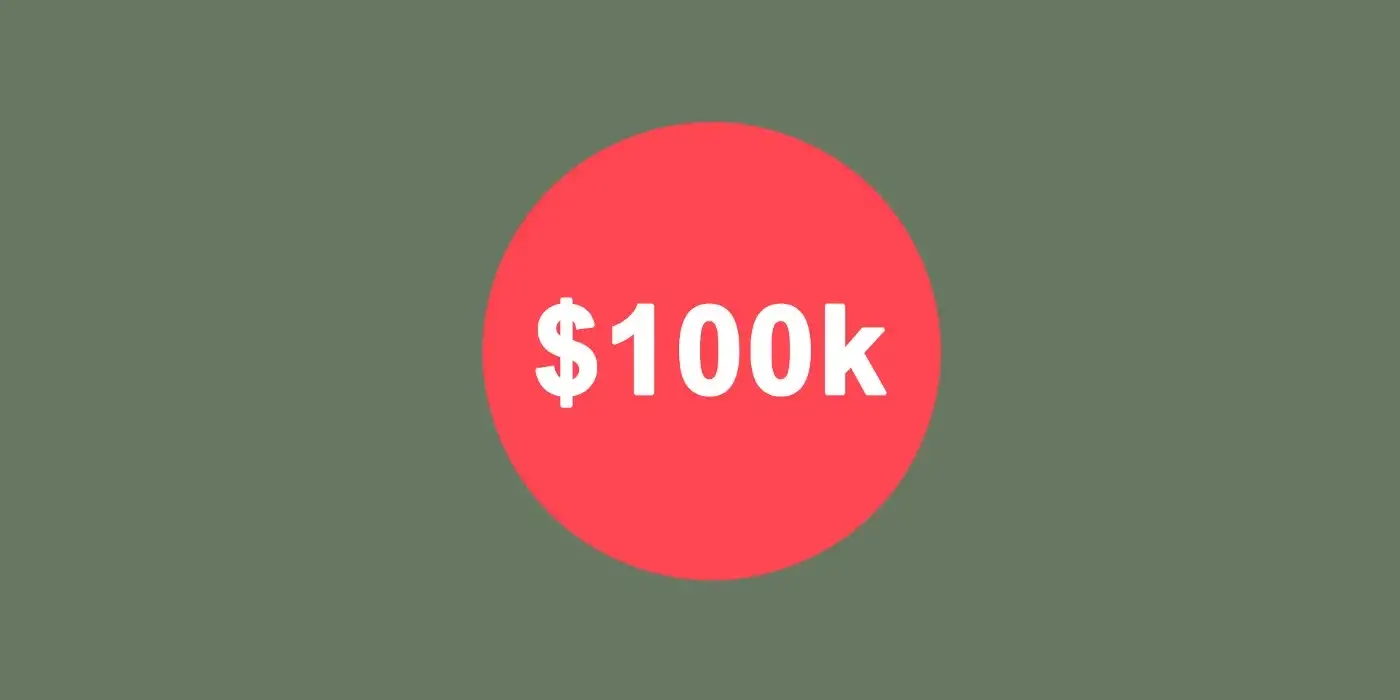
Is freelancing the end goal? Or is it an intermediary step on the path to something else?
To me, the answer is: both. I’ve been a freelancer for 11 years and I’ve never found it boring. I have, however, leveraged it to do other things: write a book, start a couple of companies (and sell one), and write this blog.
What I haven’t done is incidentally the most popular way to scale a freelance business (at least among web developers): starting an agency.
In this article, I will explain why I made this choice and why you may want to reconsider your long-term plans as well.
The benefits of starting an agency
I am by no means dismissing the agency model. How could I? I personally know dozens of freelancers who became successful agency operators.
Outsourcing labor is one of the oldest forms of leverage. The more people you hire, the more work gets done, and you earn a percentage of everything.
Scaling your freelance business into an agency is not very different from scaling your backroom shoe-making operation into a shoe factory. It’s a simple concept that’s been tried and tested for millennia.
So, why not?
It’s a simple concept, but hard to execute. As far as leverage goes, labor is very complicated:
- You become partially responsible for the livelihoods of all your employees or subcontractors.
- Taxes become a lot more complicated.
- Overhead grows exponentially so you have to hire mid-level employees and accountants, rent office space (unless you’re fully remote), pay for insurance, and myriad other operational expenses.
- Many of your workers will leave to start their own businesses. It is your responsibility to replace them and retrain new employees, while keeping your clients happy.
- If you love coding, wave goodbye - you will barely have time to do any alongside your leadership responsibilities.
Some people revel in this type of challenge and can’t wait to put on a managerial outfit. Not me. I prefer other forms of leverage.
Life-friendly leverage
The sort of leverage I’m after frees up my time rather than making my schedule tighter. It relieves stress rather than enhancing it.
I don’t particularly like the phrase passive income because nothing is really passive, except perhaps stock dividends. Let’s say instead that I want to do things that you create once and then let them loose on the world.
This blog post is one such thing. My book is another. My course is yet another. The fantasy sports company I  Five Lessons I Learned Bootstrapping a Fantasy Sports Companybootstrapped in my free time? Another. Everything I create has a limited investment and unlimited upside.
Five Lessons I Learned Bootstrapping a Fantasy Sports Companybootstrapped in my free time? Another. Everything I create has a limited investment and unlimited upside.
Let’s take a blog post for example. It takes about two hours to write. Once I publish it, it lives forever. It attracts readers. It generates ad revenue. It generates book sales. It encourages people to contact me with offers. The input is limited. The potential gains are not.
The beautiful thing is, every subsequent blog post has a slightly higher chance of creating these positive outcomes than the previous one.
Over time, this creates a compounding effect.
And then there are feedback loops. Blog readers become book readers. Book readers become Twitter followers. Twitter followers become course students. Course students become friends. Friends become partners. Everything feeds back into everything else.
Hybrid models
When I have this conversation with colleagues, one idea usually comes up - you don’t have to go all-in as an agency founder. Here are two of the most common hybrid alternatives.
Why not find a cofounder to handle the management side so you can focus on technical leadership?While this frees me from (some) managerial work, it doesn’t solve the leverage problem or the responsibility problem. Sharing the responsibility helps with the workload, but in a way it’s more stressful because I don’t have direct control over everything anymore.
Why not have a service-product agency, where you have your own product but also sell services to clients to pay the bills?
This is a good transition if you’re a service agency to begin with, and you want to develop your own products. But starting from scratch, I don’t think it makes sense. If you’re building a startup, build a startup. If you need money, you can seek funding or freelance on the side. There’s no need to get tangled up in two business models in parallel. It can work if you push hard enough, but it’s far from easy to wage war on two fronts.
Flexibility is the seed of opportunity
If you’re an entrepreneur, your career will likely be defined by a few moments. Hard work is mandatory, but it is only the foundation. The real asymmetric returns come when those few moments arrive - but only if you are ready to pounce.
Making a full-time commitment to an agency (and the people within it) becomes the defining aspect of your life. When you’re tangled up in administrative work, management, interviewing, headhunting, and client hunting, it is easy to let those few precious moments pass you by.
You miss a life-changing offer buried in your inbox. A brilliant startup idea you don’t have time to act on turns into a $100,000,000 company. You rush through a chance encounter because of your packed schedule. You never find out the other person was a billionaire looking for a technical cofounder.
One of the  5 Ways To Transform Your Freelance Work Into a Scalable Businessmain advantages of freelancing is flexibility. When a
5 Ways To Transform Your Freelance Work Into a Scalable Businessmain advantages of freelancing is flexibility. When a  How I Landed a $100k Freelance Clientonce-in-a-lifetime offer comes, you can say “I’m in” instead of “let me check with the team and circle back next Monday”.
How I Landed a $100k Freelance Clientonce-in-a-lifetime offer comes, you can say “I’m in” instead of “let me check with the team and circle back next Monday”.
To each his own
There’s nothing inherently wrong with starting an agency (or with having a regular full-time job, for that matter).
It’s important, however, to weigh the pros and cons carefully. Your life will be defined by this choice, one way or another.
The tricky thing about missed opportunities is that you often never even find out they existed.
Don't miss the next blog post!
I publish a new blog post every Wednesday. Join the newsletter to get:
- One valuable email a week.
- Zero spam.
- Exclusive content not found in the blog.
- Reply directly to me with questions or feedback.
Use the form at the bottom of this pageon the right to join the newsletter.


